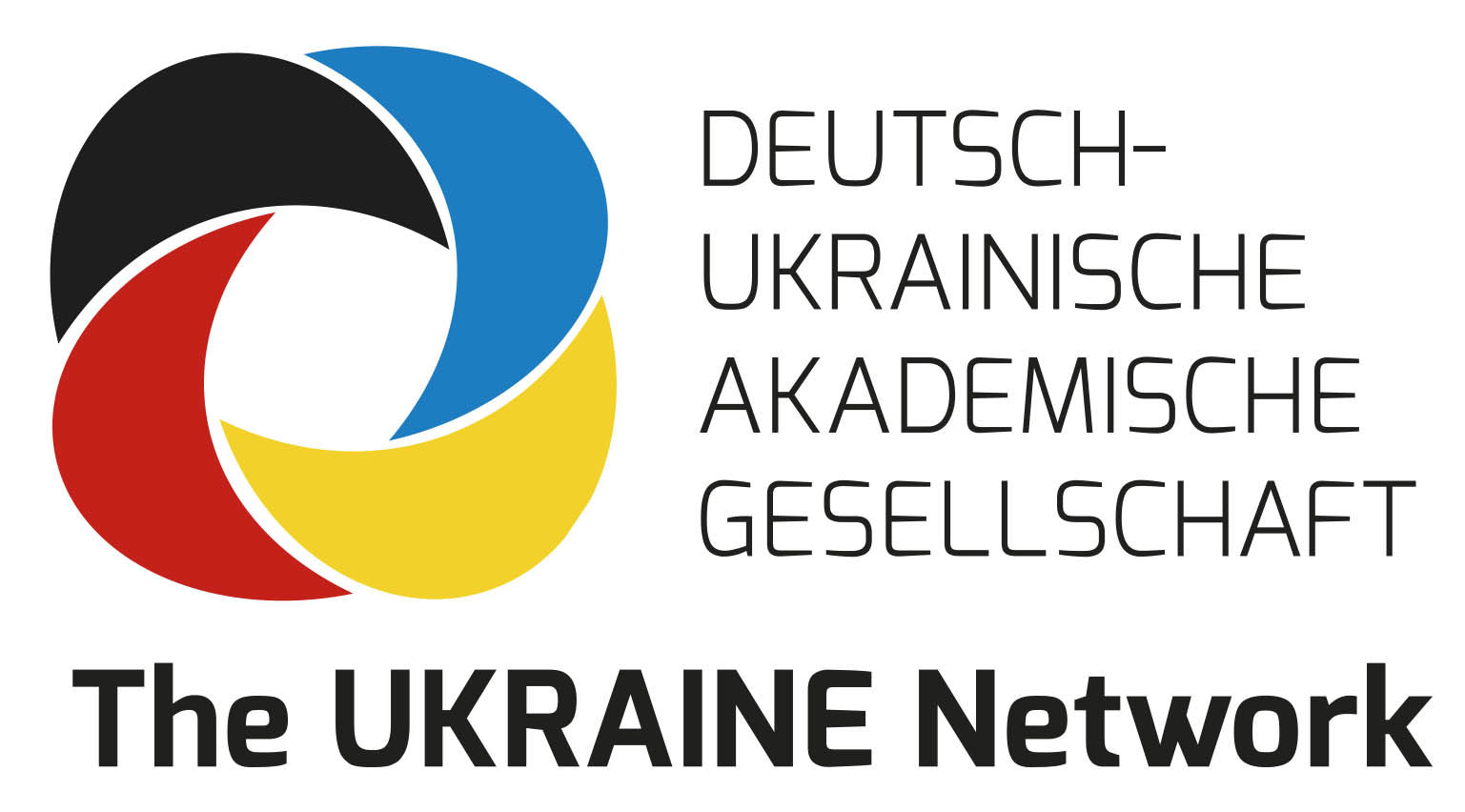Final Project Title: Internationalization Support Programme aimed at the Enhancement of the Quality of Educational Services in the Field of Pedagogy
Submitted by: Iryna V. Myhovych, Doctor of Pedagogical Sciences, Candidate of Philological Sciences, Associate Professor, Head of International Relations Office, Luhansk Taras Shevchenko National University (LTSNU)
City: Starobilsk
This project was implemented within the Training Course “Management of Internationalisation and German-Ukrainian Academic Cooperation 2020-2021”, led by the Leibniz University Hannover (LUH), funded by the DAAD (Germany), 2020-2021
Project Goal(s) and SMART Objective(s):
- Developing and introducing educational programmes and trainings aimed at the development of intercultural and entrepreneurial competences of students of the Institute of Pedagogy and Psychology;
- Developing and introducing educational programmes taught in foreign (English) languages for students of the Institute of Pedagogy and Psychology;
- Enhancing outgoing and incoming mobility of students of the Institute of Pedagogy and Psychology;
- Establishing internationally friendly academic environment at LTSNU Institute of Pedagogy and Psychology.
Deliverables:
| Goal | Deliverables |
| 1. |
|
| 2. | 1 new educational programme in a foreign language developed. |
| 3. |
|
| 4. |
|
Challenges and Support
| Challenges | Support |
| I: Low level of motivation of representatives of project’s target groups to learn, participate and develop innovative ideas and solutions. | Mitigation measures:
|
| II: Poor involvement of institutional staff | Mitigation measures:
|
| III: Insufficient knowledge of foreign languages | Mitigation measures:
Courses of foreign languages developed within the project |
| IV: Extended application of distant and blended learning due to the overall COVID-19-related situation | Mitigation measures:
|
Lessons Learnt:
What are your lessons learnt and recommendations you would like to share?
- The conducted gap analysis and the developed as the result of the analysis methodology for elaboration of educational programmes and trainings allowed toinitiate an ongoing process of curriculum enhancement, rather than focusing on the methodology itself. This lesson at the same time points to the importance of regular monitoring and reporting to ensure accountability of the project.
- The project did have an impact for only one structural subdivision of the University. However, the developed methodology allows to extend its mechanism of implementation to other faculties.
- The project’s objectives were directly relevant to institutional mission and vision – the fact that ensured support from the University top management.
- The project objective to update of existing curricular with the focus on the development of 21st century competences (global, intercultural, entrepreneurial) takes more time to be achieved than it was initially planned; it was ambitious and thus required more time, attention and resources than have been available.
- As the result of project implementation it became obvious that a clear institutional stakeholder engagement strategy needs to be developed, which includes early communication with University administration, teachers and students of the context, deliverables and potential wider benefits to ensure a successful multi-stakeholder approach.
Recommendations:
- To think of a clear institutional stakeholder engagement strategy needs to be developed, which includes early communication with University administration, teachers and students of the context, deliverables and potential wider benefits to ensure a successful multi-stakeholder approach.
- While planning the project connected with curriculum development to take into consideration available time and resources, since it might take more time to be achieved than it might be initially planned.
- While planning future projects of similar nature it might be reasonable to make sure that detailed guidelines are developed firstly – to ensure that university staff and students have a kind of road map on: what to do; how to do it; with whom; where; when; and, how frequently.
Impact:
| The project contributed to the elaboration of administrative portfolio for further LTSNU internationalization, namely: | |
| Development and approval of LTSNU Internationalization strategy | To promote further internationalization process at LTSNU; to disseminate project’s results on other LTSNU structural subdivisions |
| Development and approval of LTSNU Strategy for the enhancement of language skills of students and employees | |
| Development and approval of LTSNU System for regular monitoring of foreign students‘ satisfaction with the services and educational activities received at LTSNU | |
Outlook and Sustainability:
Sustainability of the project is determined by the fact that the number of Luhansk oblast residents who become more competitive on regional and whole-Ukrainian labor markets (with formed 21st century competences) as the result of obtaining qualitative educational services according to EU standards provided by IPP staff will gradually be increasing during and after project life.
| By the end of 2021 |
|
| Second part of 2022 |
|
Sustainability aspect is also specified by the following:
– participation in the developed training course will lead to sustainable personal growth of Luhansk oblast residents, open up possibilities for creation of startups, formation of social competences necessary for life and work in the eastern part of Ukraine, namely, competence of conflict resolution by peaceful means.
– Financial sustainability will be ensured by the following: Commercialization of research is considered as part of project financial sustainability, since it will allow to launch students’ start-ups based on the knowledge students receive as the result of the developed educational programme and training course. Development of research projects by students and teachers of IPP based on the elaborated educational content in order to further submit them for calls for funding from national or international organizations, grants, funds, as well as for crowdfunding campaigns.
